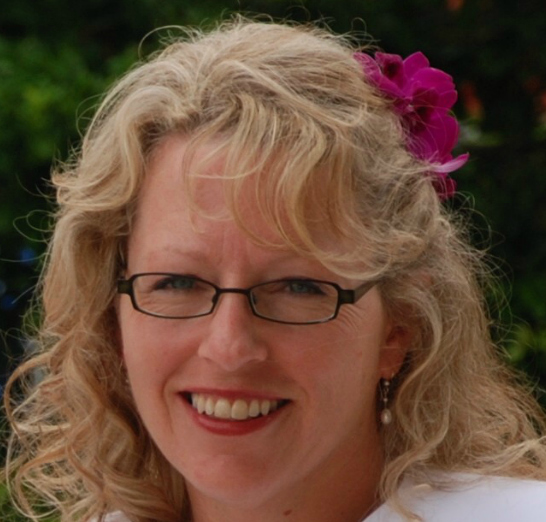- Home
- About Us
- The Team / Contact Us
- Books and Resources
- Privacy Policy
- Nonprofit Employer of Choice Award

A fundraising feasibility study is an essential planning tool for any organization considering a new major gifts program or a capital campaign. The typical process includes engaging outside fundraising counsel who will assess the proposed case for support, campaign goal and volunteer leadership potential,  and identify donors who would be inclined to support your charity and the suggested program or campaign. The consultants gauge your readiness and potential of success, including your ability to mount the effort from a human resource and organizational readiness perspective, through face-to-face interviews with stakeholders and prospects.
and identify donors who would be inclined to support your charity and the suggested program or campaign. The consultants gauge your readiness and potential of success, including your ability to mount the effort from a human resource and organizational readiness perspective, through face-to-face interviews with stakeholders and prospects.
The standard procedure is for the consulting firm to do these interviews alone – without representatives of the charity in the meetings.
For years, consultants have said that involving the executive director, director of development or a board member in the study interviews would turn the interviewee off – the interview would not disclose how they really feel if someone from the charity was in the room. The interviewee wouldn’t talk about their interest in the project … they wouldn’t talk about leaders and donors … and they sure wouldn’t talk about whether they would support the charity.
Because of that belief, feasibility studies have been completed by third parties for decades – and the third parties have gained incredible insight that they cannot share with the charity because the interviews are deemed confidential.
Stakeholders want to talk to you too!
The reality is that donors, prospects and stakeholders want to be asked their advice and share their ideas with those closest to the organization. This makes intuitive sense.
Jim Janzen, CEO of the YMCAs across Southwestern Ontario, has participated in and has had his staff involved in two feasibility studies. “We learned so much about the donor community; we gained insight into feelings about the YMCA and our project that would have taken years to learn if we had not taken the time to engage with community leaders in personal interviews. My role as CEO was to present the vision, answer questions and most importantly, listen. Our consultant carried the balance of the interview, asking the fundraising- and campaign-related questions. This insight helped the Y accelerate our campaign planning and I personally developed new relationships that were instrumental in recruiting leaders and forging donor relationships. In my view, interviewees were comfortable talking about other community leaders, potential donors and in most case, their own inclinations to support the proposed campaign.”
Gina Eisler, Vice President of Major and Planned Giving for the Heart and Stroke Foundation of Ontario, has been on both sides of feasibility study – as a consultant and a participant from a charity. “I have seen firsthand the candidness of interviewees with both the consultant and the staff person in the room, and I would never go back to a consultant-only process. As the development professional responsible for the campaign, I need to know who likes our cause and who is cautious because I can then develop long term cultivation strategies that are personalized based on we learned.”
What you hear in the room
Whether it is the CEO, Foundation Executive Director or Board Chair, participating in the interviews has a host of benefits – both for the charity and the prospective supporter:
Where consultants fit in new model
Is there still a role for consultants in the process?
Absolutely. Consultants have vast depth and experiences which are used to evaluate your campaign readiness, provide an external validation of your ability to reach your goals, and benchmark your study results with other similar organizations. To ensure a valid process, the consultant must always prepare the study recommendations and write their report independently, without influence.
A good consultant will also coach the interview team to be sure they are “on message” and listening appropriately. Debriefing after each interview is an important part of the process.
The art of the feasibility study process is to also ensure that each interview is planned with as much prospect insight as possible. Based on this information, you may decide that a consultant-only interview would be the best strategy. In some cases, such as interviews with board members, you are more likely to ask your consultant to do the interviews solo in order to ensure that you get an accurate and independent assessment of organizational health.
Feasibility studies are an essential business planning tool where much is learned and relationships are furthered. It makes incredible sense to show your donors and prospects that you really value their insight and time by being there to listen and learn through the study process.
Sue Egles is proud to have been involved with Inspire (formerly Navion) since 1997. As a fundraising consultant specializing in campaigns and major gift programs, Sue has worked with hundreds of charities to prepare them for raising millions of dollars. Based in Guelph and Toronto, Sue has a passion for coaching development staff on how to build relationships, and she sees feasibility studies as a major cultivation tool. Sue can be reached at (519) 658-3596 or by email.